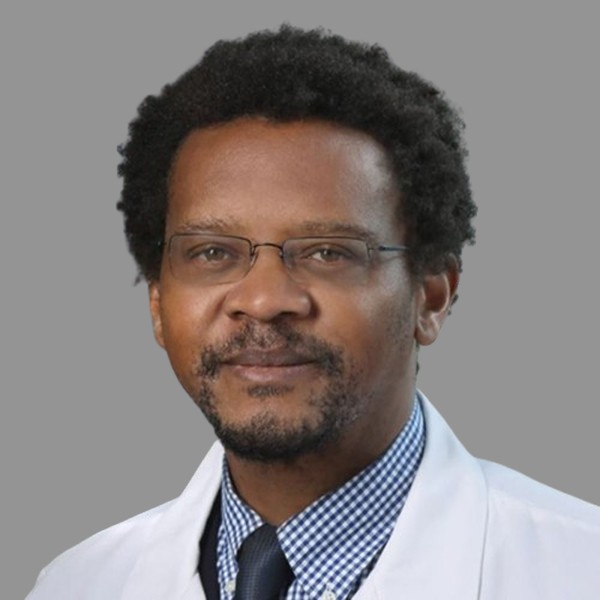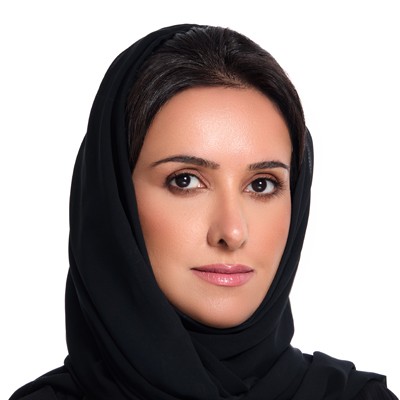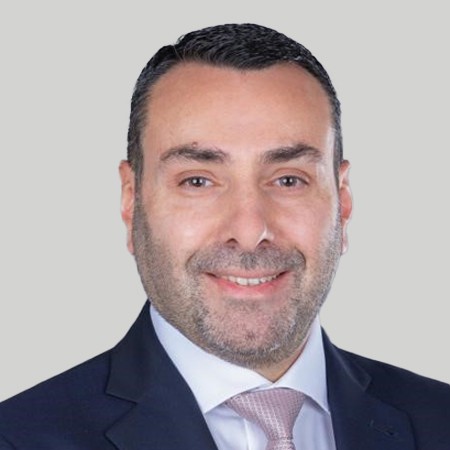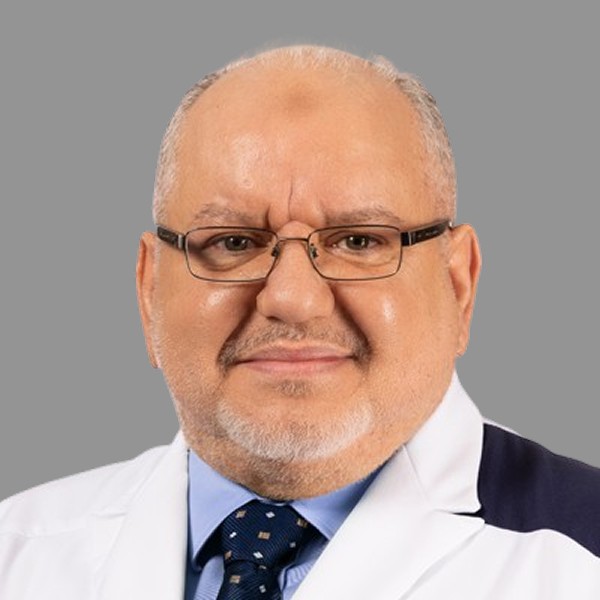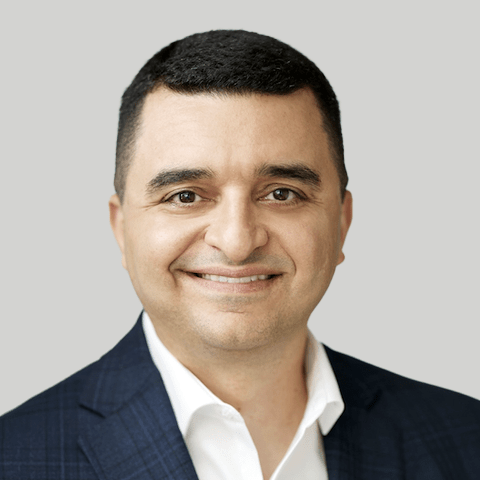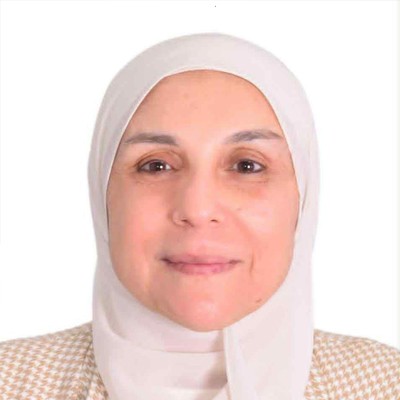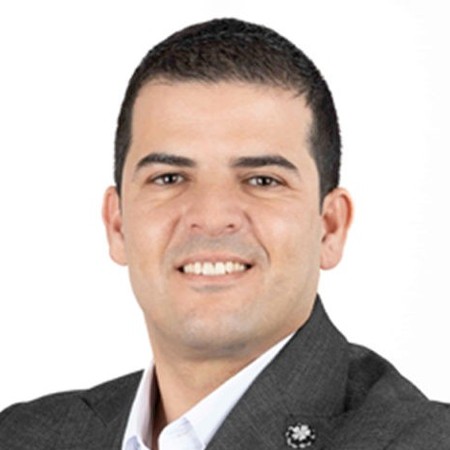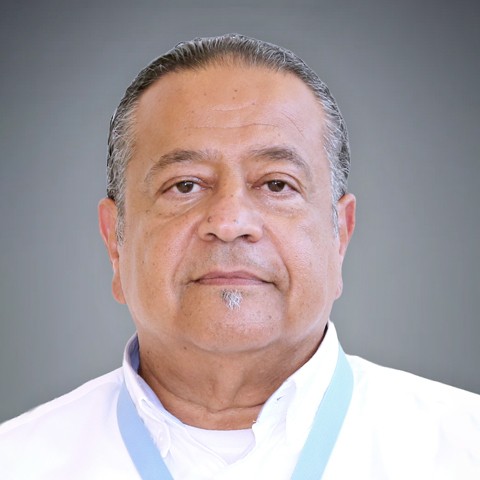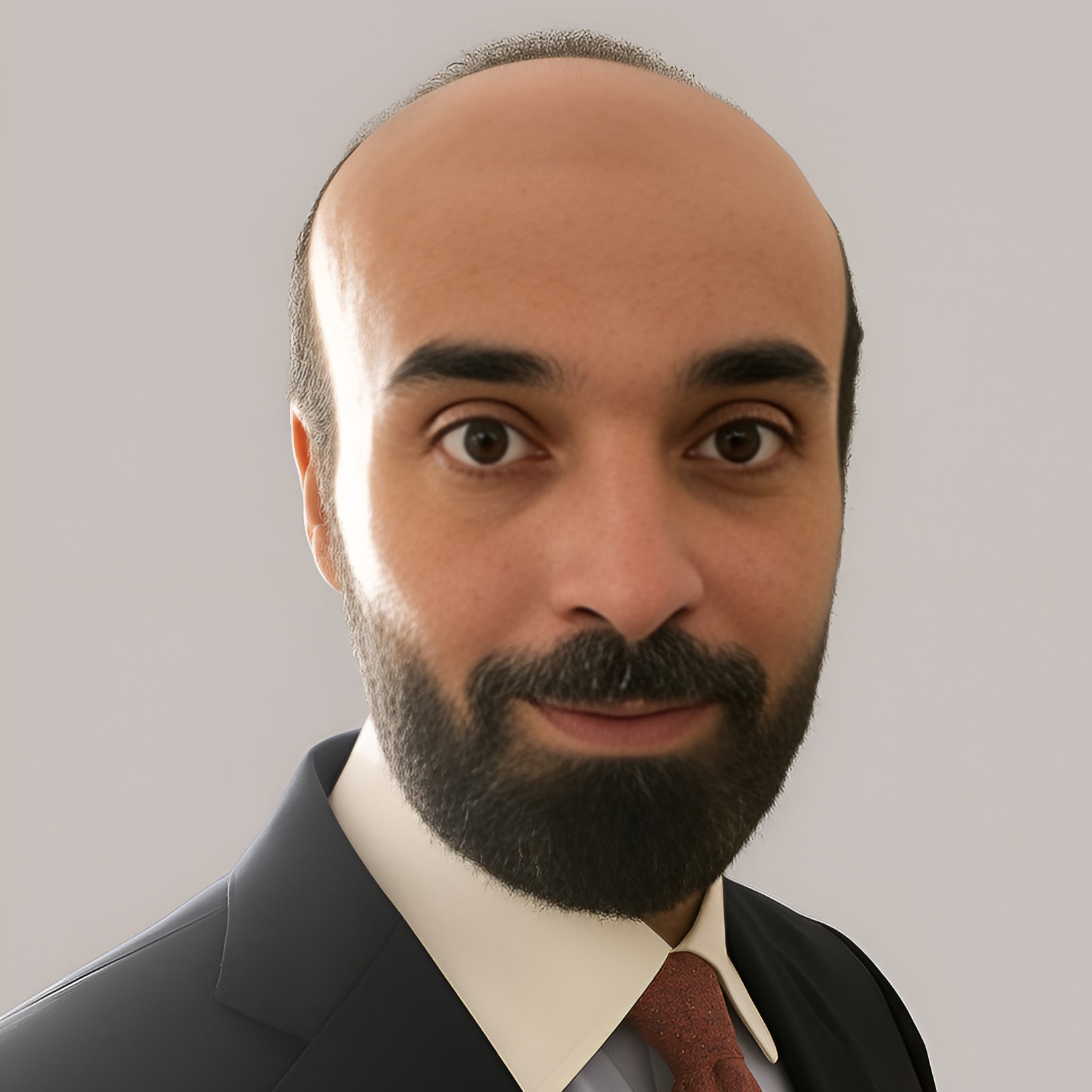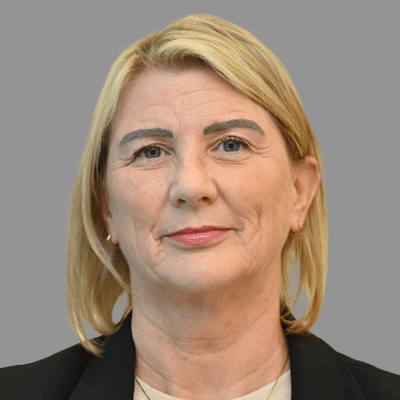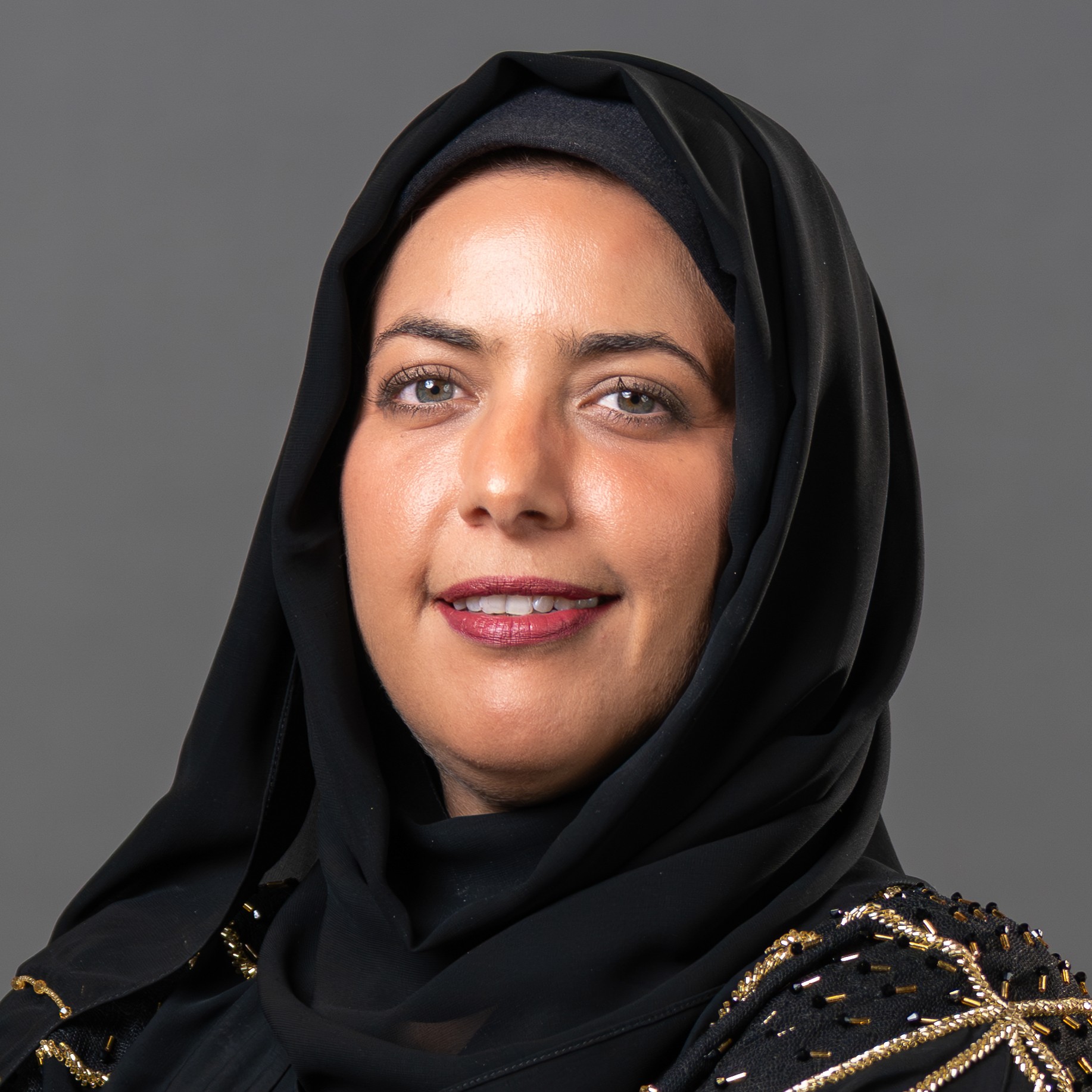Professor/Consultant and Head of Molecular Pathology and Genomic Medicine at Kuwait University,
Chief Scientific Officer& Head of the Translational research Department at Dasman Diabetes Institute
Adjunct Faculty at Joe R. and Teresa Lozano Long school of medicine at the University of Texas Health Science Center at San Antonio
Fahd Al-Mulla is a professor of molecular pathology and genomic medicine at Kuwait University. He is currently the Chief Scientific Officer at Dasman Diabetes Institute. Fahd established 2 laboratories at Kuwait University; The former is a large research core facility that serves about 600 academics, students, and researchers, and the latter is a molecular diagnostic laboratory that he heads. Fahd has a broad background in genetics, with specific training and expertise in genomics and precision medicine.
Fahd received his Medical Doctorate and Ph.D. from Glasgow University. He is a Fellow of the Royal College of Physicians of Edinburgh. Fahd Al-Mulla has extensive experience in genomic related technologies and intellectual property development. He currently holds 11 patents related to diabetes, wound healing, and cancer. He established the Office for Technology Transfer and Patenting at Kuwait University and Dasman Diabetes Institute, which helped in the patenting of numerous ideas. As an author for Nature’s Biotechnology blog, his mandate is to build collaborative partnerships, invest in institutional outputs, generate capital and resources, and promote public awareness regarding the importance of scientific research in resolving the Arab society’s problems, especially pertaining to diabetes, obesity, and cancer. To that end, he serves as a Chair of the Evidence group in the Global Genomic Medicine Collaborative (G2MC) , served as a Chair of the International Confederation of Countries Advisory Council of the Human Variome Project.
Prof. Al-Mulla’s initial work focused on cancer metastasis. He has established early evidence of cancer genetic heterogeneity within primary tumors and between primary tumors and their synchronous metastases. Later in his career, he strived to illuminate genetic aberrations associated with the metastatic signature. To that end, he identified two metastasis suppressor genes, namely Carbonyl Reductase and Raf Kinase Inhibitory Proteins, which Al-Mulla and his team characterized further during the years.
Later, Prof. Al-Mulla focused his efforts and expertise on the next stage of his research to address the metabolic syndrome, sleep apnea and diabetes in his society. Given the endemic nature of central obesity in Kuwait, which affects about 74% of the population, there is an urgent need to address the predisposition of our people to various types of diabetes at individual and national levels. He directly documented the genetic factors that predispose our population to metabolic dysregulation. These studies emphasized the polygenic and heterogenic nature of metabolic disorders. As PI or Co-investigator on several local grants focused on genetic variations linked to diabetes, obesity, and metabolic syndrome, he laid the ground for the proposed research by developing “CODeR” a comprehensive prospective population-based diabetes registry system maintained by the Dasman Diabetes Institute for surveillance of children and adolescents with diabetes diagnosed in Kuwait.
With respect to the worldwide pandemic of COVID-19, SARS-CoV-2, Prof. Fahd has taken instrumental proactive actions in alignment with the MOH to support the nation and the international scientific community by being the first to fully sequence the SARS-CoV2 virus in the Middle East and North Africa and publishing 51 high impact manuscripts that addressed published on COVID-19 till date.
Wound healing in diabetes is another focus he ventured into, where he identified the precise signaling pathways disrupting cellular motility. He identified key signaling pathways responsible for wound healing and applied targeted drugs to ameliorate the healing process. In addition, Prof. Al-Mulla identified cardinal dysregulated redux signaling pathways in pre- and post- diabetic stages.






